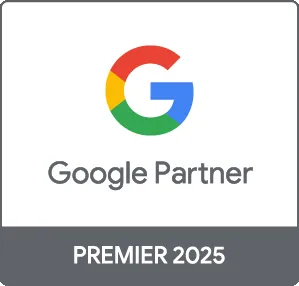Google PPC (Pay-Per-Click) management is a vital element in digital marketing that can drive targeted traffic to your website and boost conversions. This comprehensive guide explores effective strategies for managing Google Ads campaigns, ensuring you get the most out of your advertising budget. From keyword selection to ad copy optimization, these tips will help you master PPC management and achieve greater ROI.
Understanding Google PPC Management
Google PPC involves paying for ad placements on Google's search results pages. Each time a user clicks on your ad, you incur a cost. This model allows businesses to achieve immediate visibility and drive traffic to their websites, making it a popular choice among marketers.
1. Comprehensive Keyword Research
Effective PPC management starts with thorough keyword research. Here’s how to ensure you target the right terms:
- Use Google’s Keyword Planner: Identify high-traffic keywords relevant to your business and understand the competition level.
- Include Long-Tail Keywords: These longer, more specific search terms often have less competition and can lead to higher conversion rates.
- Negative Keywords: Make a list of negative keywords to prevent your ads from showing on irrelevant searches, saving your budget for more qualified leads.
2. Crafting Compelling Ad Copy
Your ad copy is your first impression. Here’s how to make it compelling:
- Grabbing Headlines: Use action-oriented language to grab attention and encourage clicks.
- Value Proposition: Clearly state what sets your product or service apart from the competition.
- Call-to-Action (CTA): Include a strong CTA to guide users on what to do next, such as “Sign Up Today” or “Shop Now.”
3. Optimize Landing Pages
Ensuring that your landing pages provide a seamless user experience is crucial for PPC success. Consider the following:
- Relevance: Make sure the landing page reflects the content of the ad and fulfills user expectations.
- Mobile Optimization: Optimize for mobile devices, ensuring faster load times and easy navigation for mobile users.
- Conversion Elements: Include forms, buttons, and other elements that encourage user interaction and facilitate conversions.
4. Continuous Monitoring and Adjustment
Effective PPC management requires ongoing monitoring and adjustments. Here’s what to keep in mind:
- A/B Testing: Regularly test different versions of your ads to see which ones perform best.
- Analyze Performance Metrics: Focus on key metrics like click-through rates (CTR), conversion rates, and return on ad spend (ROAS) to identify areas for improvement.
- Budget Management: Adjust your budget based on performance, ensuring that you allocate funds to your most successful campaigns.
Conclusion
Google PPC management is a powerful tool for driving traffic and increasing conversions when executed correctly. By focusing on keyword research, ad copy creation, landing page optimization, and continuous performance monitoring, you can maximize your advertising efforts. At Prebo Digital, we specialize in Google PPC management, ensuring that your campaigns are strategically optimized to yield the best results. Ready to elevate your online presence? Contact us for a free consultation today!





